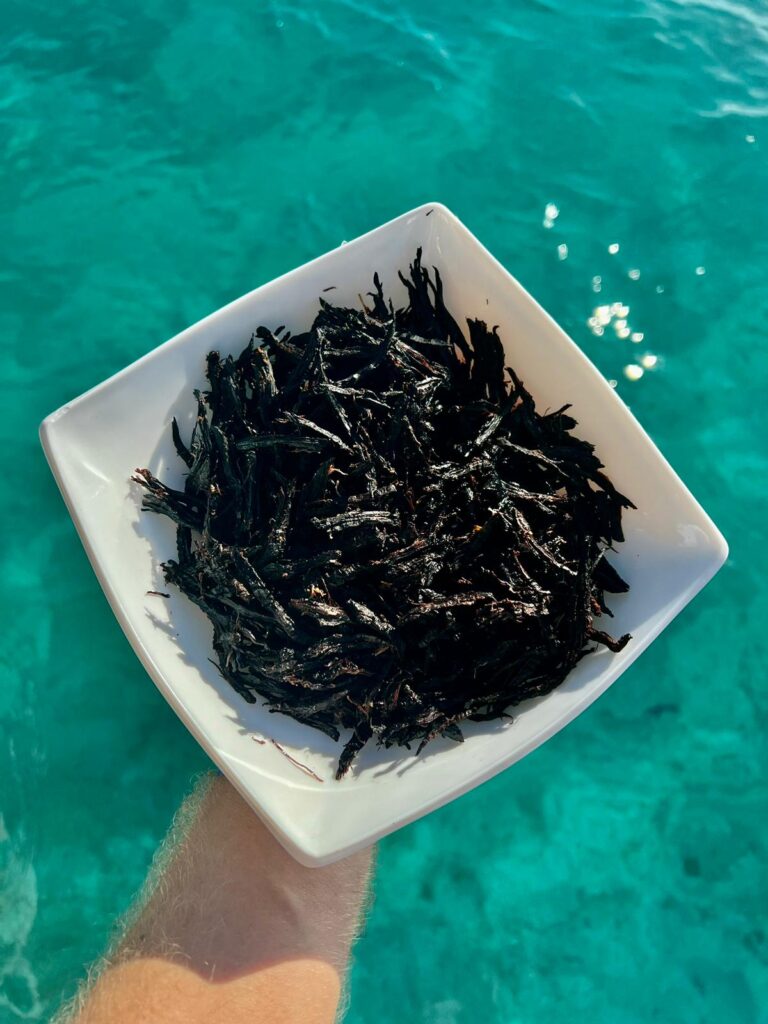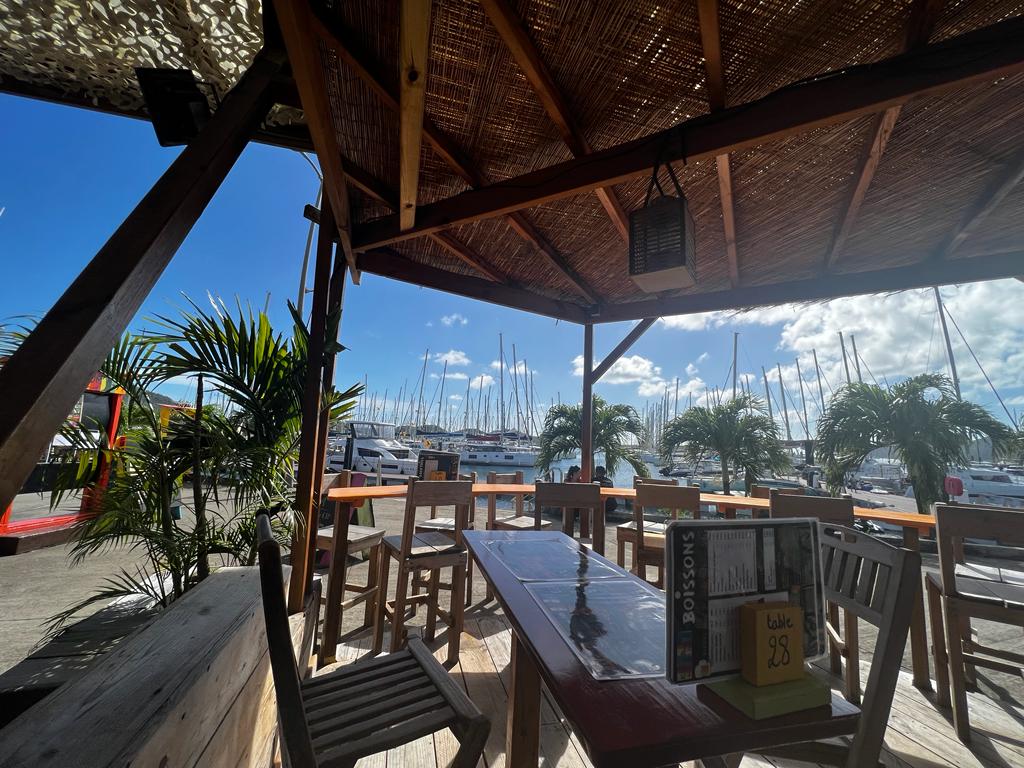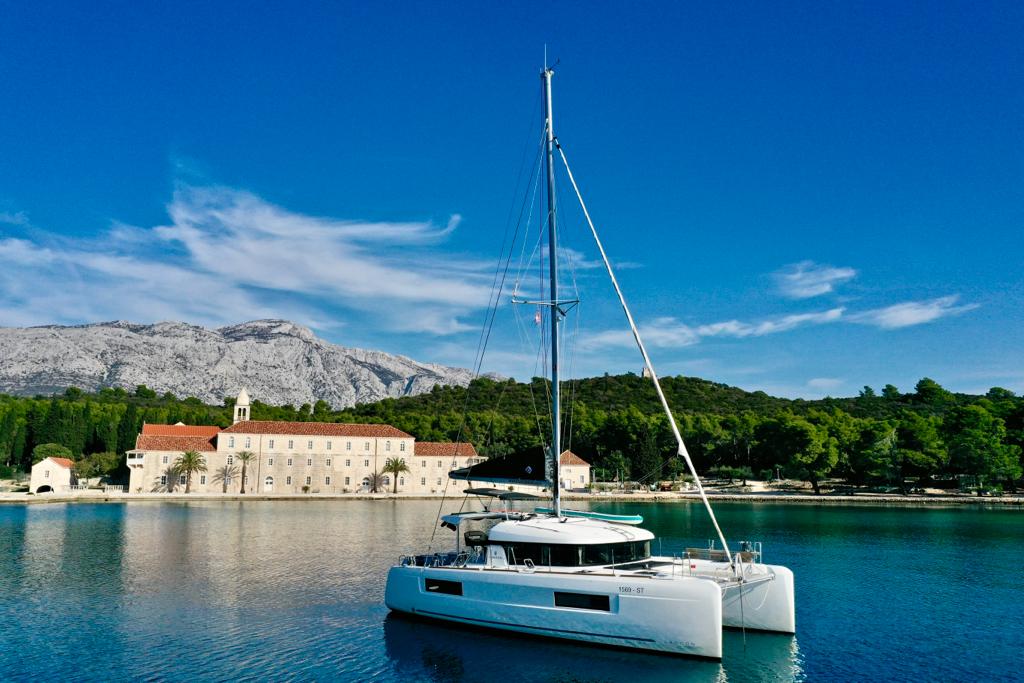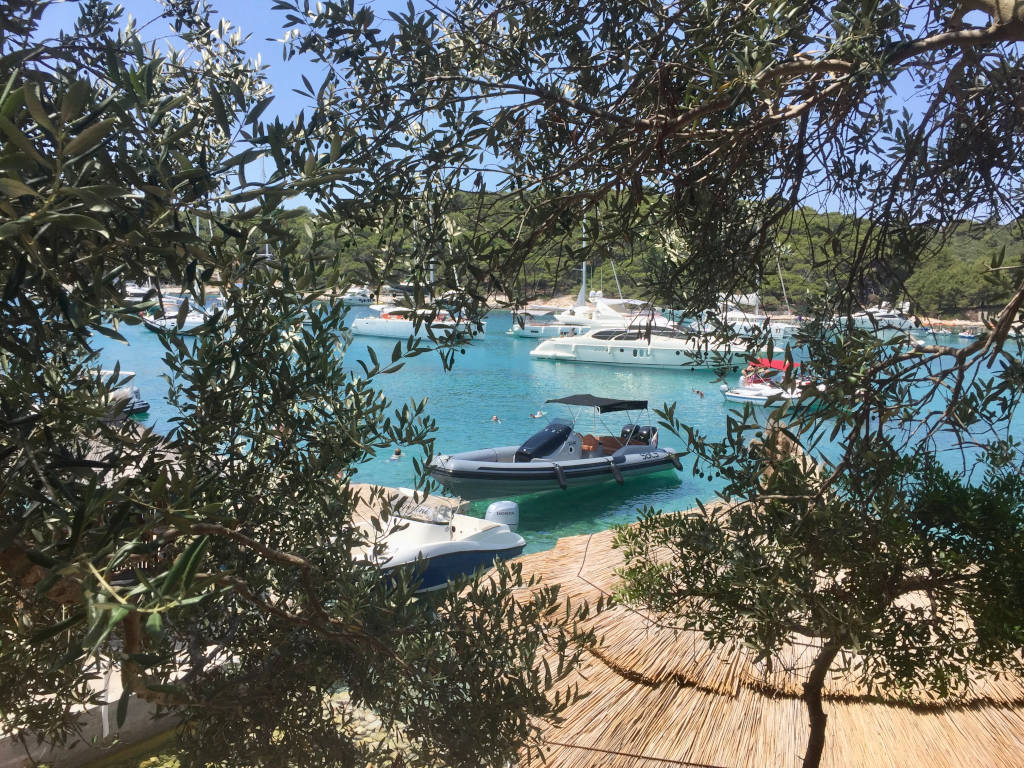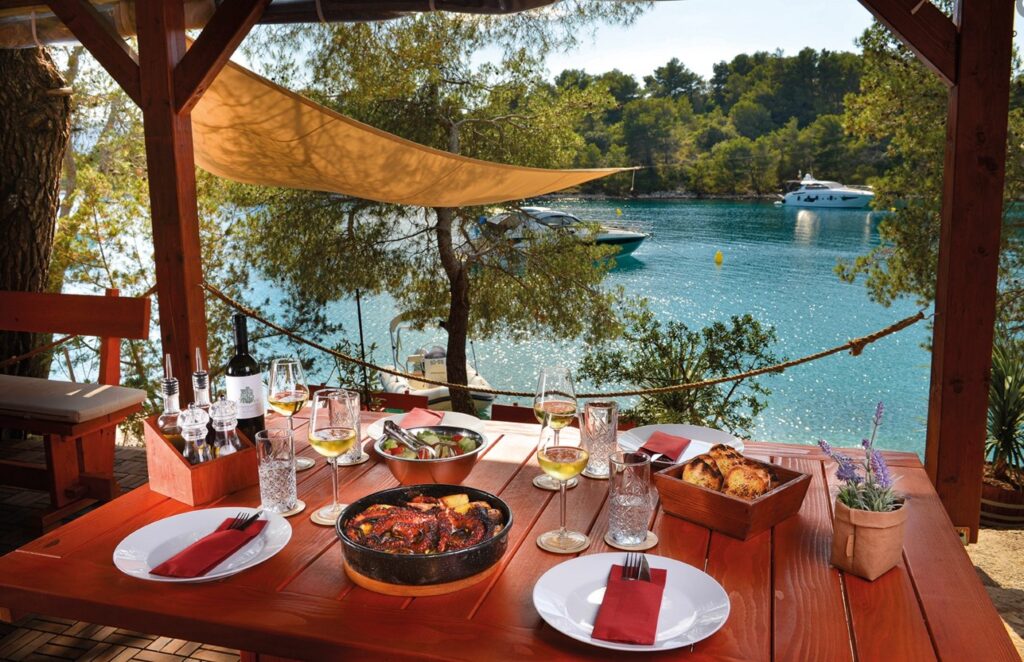Introduction
The Caribbean is a region known for its rich cultural heritage, stunning beaches, and vibrant nightlife. However, there is another aspect of Caribbean culture that often goes unnoticed – its cuisine. Caribbean cuisine is a mix of various cultural influences, including Spanish, African, and Indigenous Taino. One of the most unique dishes that the Caribbean has to offer is whale meat. In some parts of the Caribbean, locals have been eating whale meat for centuries and consider it a delicacy.
A Tradition Passed Down for Generations
The practice of killing whales and consuming their meat has long been practiced in the Caribbean. For many Caribbean communities, whale hunting used to be a way of life that gave people a source of food and revenue. When a whale was caught, families would assemble to celebrate since the flesh was regarded as a delicacy. Although whale hunting is no longer a prevalent activity, certain societies still enjoy consuming whale meat.
A Nutritious Source of Protein
Whale meat is rich in protein, iron, and essential vitamins and minerals. For this reason, it has been a staple food in the Caribbean for centuries. The meat is typically cooked in a variety of ways, including stewing, boiling, and barbecuing. In some communities, it is even served raw, like sushi. Despite its nutritional benefits, whale meat is not widely available and is not considered a mainstream food source in the Caribbean.
The Future of Whale Meat in the Caribbean
The future of whale meat as a food source in the Caribbean is uncertain. In recent years, the international community has become increasingly concerned about the welfare of whales and the impact of hunting on their populations. As a result, many countries have implemented strict laws and regulations regarding the hunting and sale of whale meat. While some communities in the Caribbean continue to value and consume whale meat, it is likely that the tradition will eventually fade away.
Conclusion
The tradition of eating whale meat in the Caribbean is a unique aspect of the region’s cultural heritage. While the practice is no longer widespread, it continues to hold significance in some communities as a source of nutrition and a symbol of cultural identity. As concern for the welfare of whales grows, it is uncertain what the future holds for the consumption of whale meat in the Caribbean. Nevertheless, it remains a fascinating and little-known aspect of the region’s diverse food culture.
